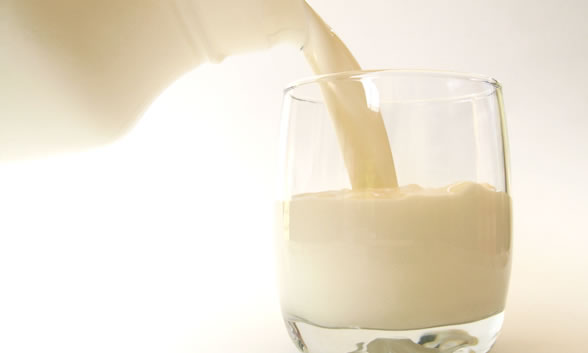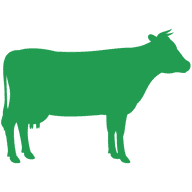Rinse & rePeat
Member
- Joined
- Mar 10, 2021
- Messages
- 21,516
+1The other factors in milk, I think are definitely more important than it being raw vs pasteurized. Things like organic, 100% grass fed, and probably 100% A2A2 are more important than milk being raw.
Im not sure on homogenization. It’s obviously important also to get a milk with no added vitamin additives and filler ingredients which can be hard to find.



